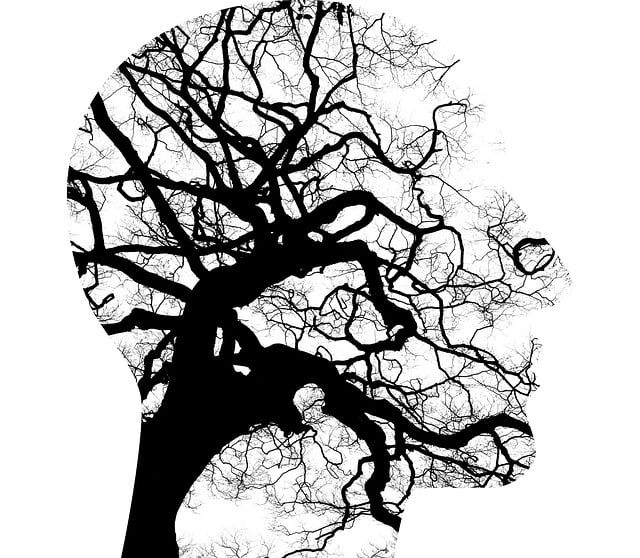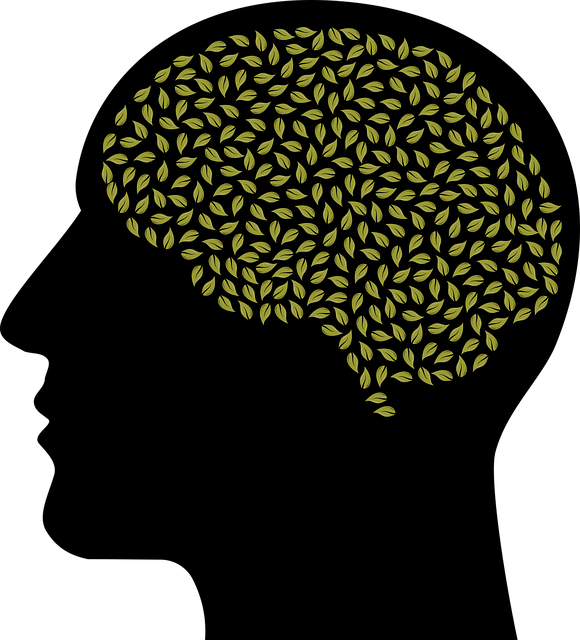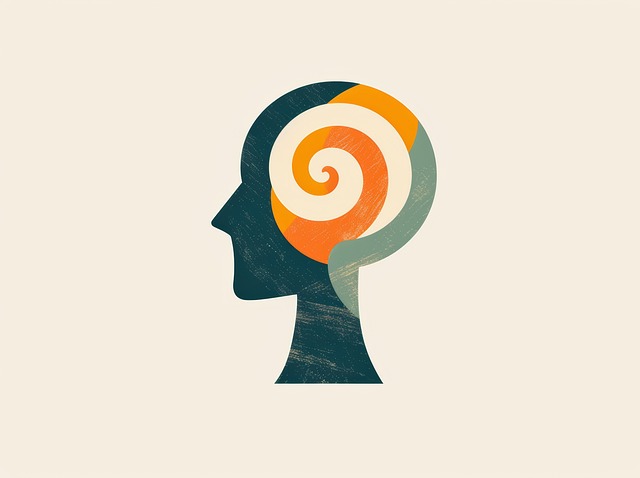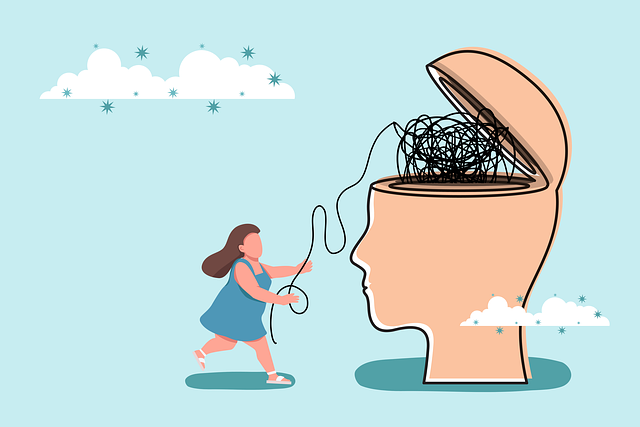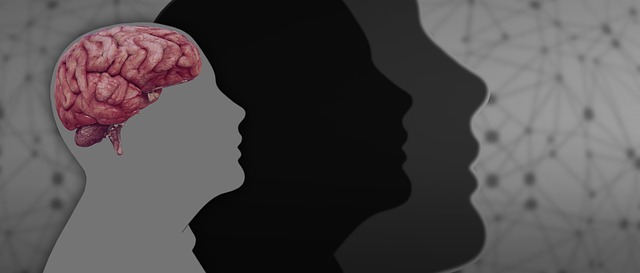Loss, grief, and bereavement profoundly affect mental wellness, particularly for individuals with neuro disorders. Littleton Neuro Disorders Therapy (LNT) plays a vital role in counseling these complex emotional experiences by combining empathy with advanced therapeutic techniques. Through tailored coping mechanisms, journaling exercises, and stigma reduction efforts, LNT helps clients manage intense emotions like sadness, anger, or guilt after experiencing loss. Their approach promotes emotional well-being, resolves conflicts, manages stress, and builds resilience during life transitions, emphasizing the importance of specialized support for mental health concerns alongside grief counseling.
Loss, grief, and bereavement are profound experiences that can profoundly impact individuals and communities. This article provides a comprehensive overview of these complex processes, exploring their stages, symptoms, and the crucial role counseling plays in navigating difficult periods of transition. We delve into the specific challenges faced by those dealing with loss, highlighting the expertise offered by Littleton Neuro Disorders Therapy in providing empathetic support tailored to unique needs.
- Understanding Loss, Grief, and Bereavement: A Comprehensive Overview
- The Role of Counseling in Navigating Difficulties After Loss
- Littleton Neuro Disorders Therapy: Addressing Unique Challenges with Empathy and Expertise
Understanding Loss, Grief, and Bereavement: A Comprehensive Overview

Loss, grief, and bereavement are complex human experiences that can significantly impact an individual’s mental wellness. Understanding these concepts is a crucial first step in providing effective counseling services, especially for those dealing with neuro disorders like Littleton Neuro Disorders Therapy (LNT). Loss refers to the absence or deprivation of something valued, while grief is the intense emotional response to this loss. Bereavement, on the other hand, involves the process of adjusting to life after a significant loss and can vary widely from person to person.
The experience of grief is deeply personal and often includes stages such as denial, anger, bargaining, depression, and acceptance, as described by Elisabeth Kübler-Ross. However, it’s essential to recognize that these stages are not linear, and individuals may not experience them in the same order or at all. Mental illness, including anxiety and depression, can exacerbate grief, highlighting the need for specialized support, such as LNT counseling, tailored to address both the loss and the underlying mental health concerns. Mental wellness journaling exercises and stigma reduction efforts can also play a significant role in helping individuals navigate these challenging emotions and find relief from symptoms like anxiety.
The Role of Counseling in Navigating Difficulties After Loss

After experiencing a significant loss, seeking counseling can be a powerful tool for navigating the complex emotions that arise. It provides a safe and supportive space to process grief, where individuals can explore their feelings without judgment. Through counseling sessions, clients learn effective coping mechanisms tailored to their unique experiences, enabling them to manage intense emotions like sadness, anger, or guilt.
Littleton Neuro Disorders Therapy offers specialized services for those dealing with loss, providing crisis intervention guidance and emotional well-being promotion techniques. Counselors help individuals understand that grief is a natural process and offer strategies to enhance resilience. Additionally, these sessions can facilitate the development of healthy coping habits, leading to improved mental health and a sense of restoration over time. This support is crucial, especially in communities where Mental Health Policy Analysis and Advocacy promote awareness and accessibility to such services.
Littleton Neuro Disorders Therapy: Addressing Unique Challenges with Empathy and Expertise

In the realm of loss, grief, and bereavement counseling, Littleton Neuro Disorders Therapy stands out as a beacon of hope for those grappling with unique challenges. This specialized therapy recognizes that every individual’s emotional journey is distinct, particularly when neurodisorders are involved. With expertise in understanding the complex interplay between mental health and neurological conditions, therapists employ tailored approaches to support clients in navigating their grief.
Through a combination of empathy and advanced therapeutic techniques, Littleton Neuro Disorders Therapy focuses on promoting emotional well-being. They offer valuable tools for conflict resolution within oneself and with loved ones, helping individuals find peaceful ways to process their loss. Moreover, the therapy sessions aim to alleviate associated anxieties, providing clients with effective stress management strategies. By addressing these aspects, the therapy fosters resilience, enabling folks to embrace life’s transitions while honoring their emotional journeys.
Loss, grief, and bereavement counseling play a pivotal role in helping individuals navigate the complexities of emotional healing. As discussed, understanding these concepts is essential for effective support. Littleton Neuro Disorders Therapy stands out as a beacon of hope, offering specialized care for unique challenges associated with loss. Through empathy and expertise, this therapy fosters resilience, enabling folks to find solace and rebuild their lives after profound bereavement.

